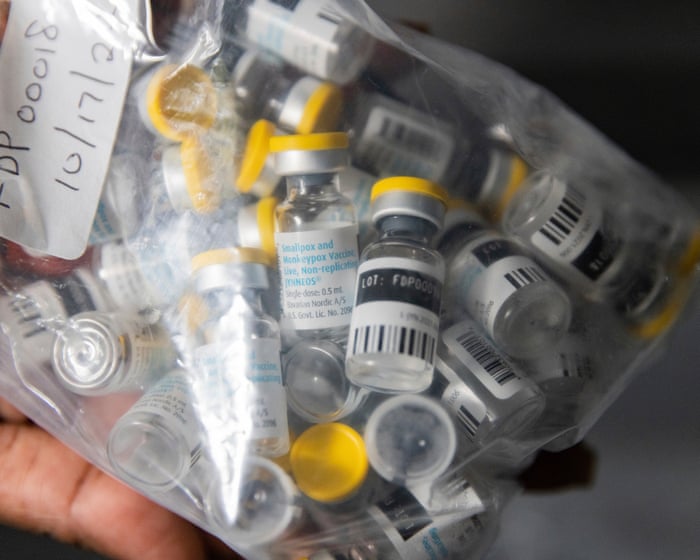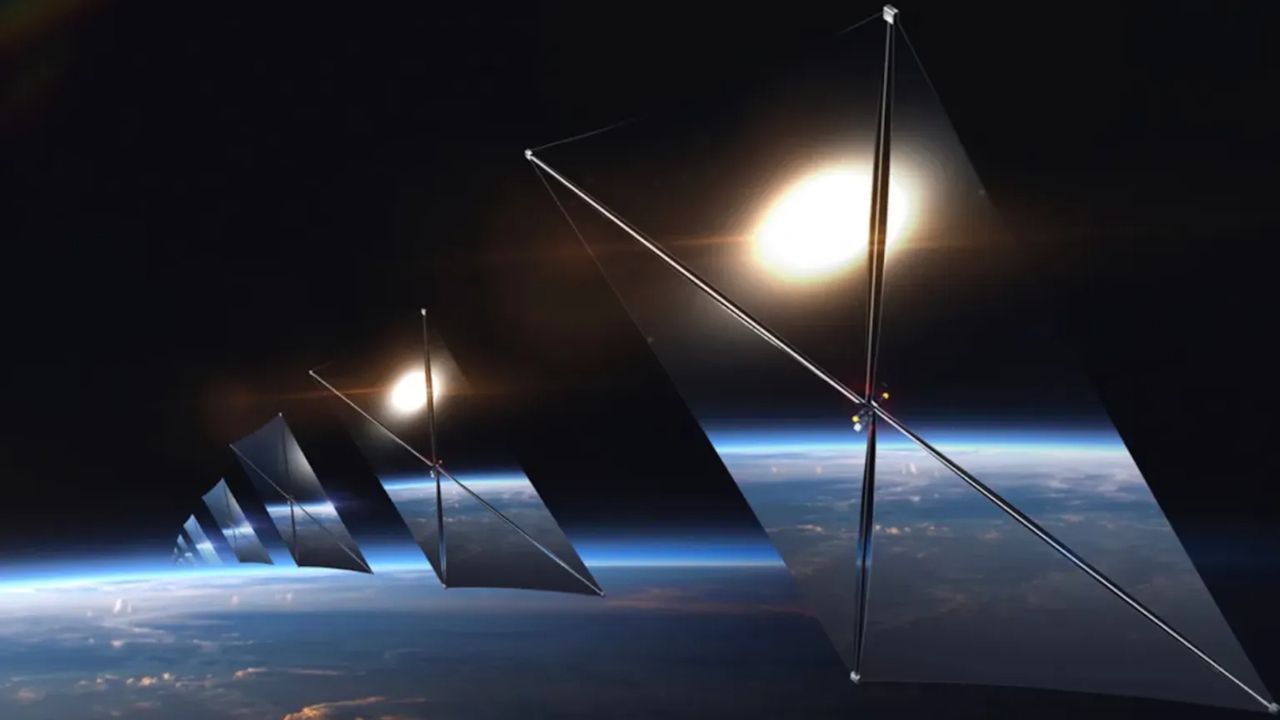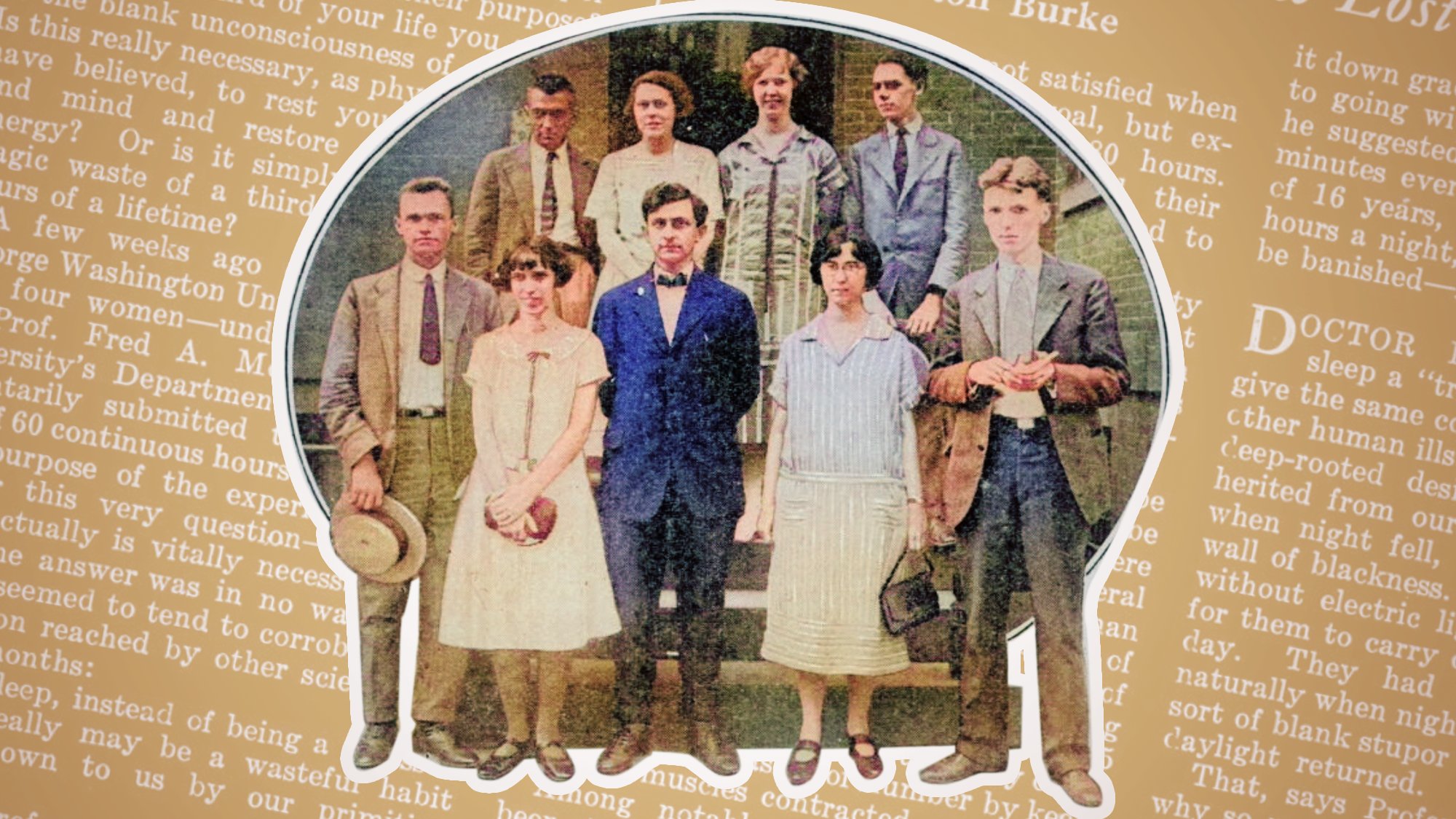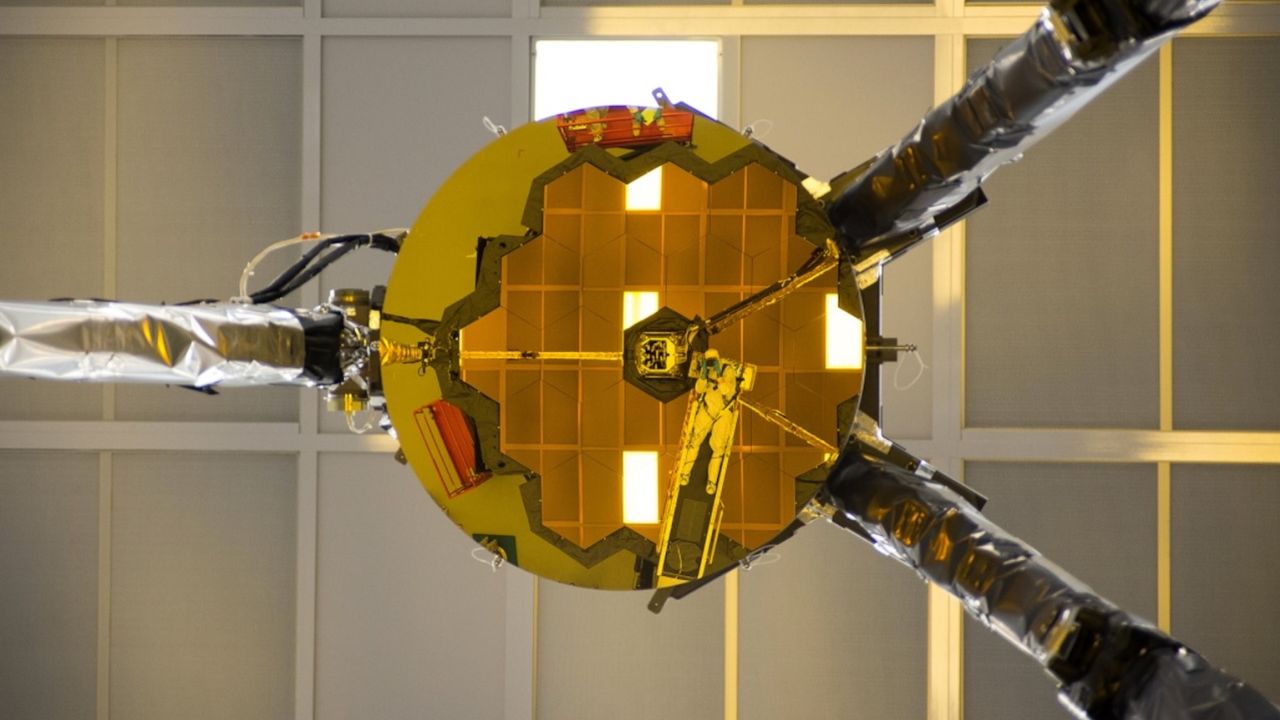What the Air You Breathe May Be Doing to Your Brain
NeutralScience

Recent research highlights the potential impact of air quality on brain health, suggesting that pollutants may affect cognitive functions. This study is significant as it raises awareness about the importance of clean air for overall well-being and encourages discussions on environmental policies aimed at improving air quality.
— Curated by the World Pulse Now AI Editorial System






